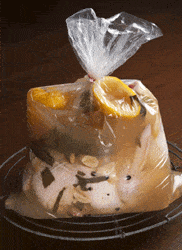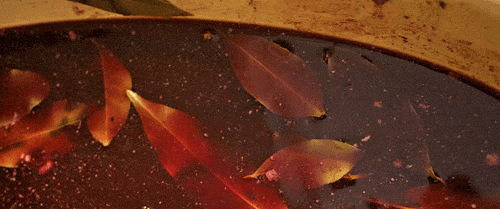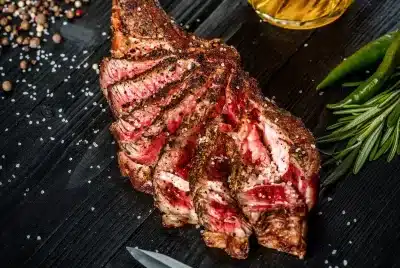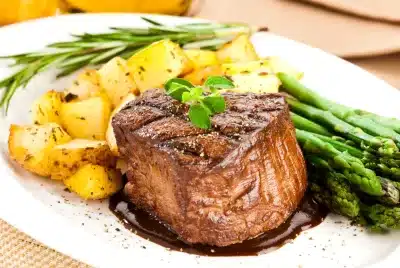Marinades, Brines, and Rubs: Tips for Flavor-Packed Grilling
 Hey there, fellow meat enthusiasts! Let’s talk flavor, because nothing elevates a good cut of meat quite like a killer marinade, brine, or rub. Picture this: you’ve got that perfect piece of steak or chicken ready to hit the grill, but now comes the big decision: how do you want to amp up its taste? Well, that’s where I come in.
Hey there, fellow meat enthusiasts! Let’s talk flavor, because nothing elevates a good cut of meat quite like a killer marinade, brine, or rub. Picture this: you’ve got that perfect piece of steak or chicken ready to hit the grill, but now comes the big decision: how do you want to amp up its taste? Well, that’s where I come in.
Table of Contents
Marinades
Marinades were invented to cover up imperfections of the meat. In most countries with a tropical climate, marinades have been used for thousands of years. Sometimes to cover up bad meat but mostly to make a tough piece of meat tender. Marinades are flavor-infusing liquids best suited for tougher cuts of meat. In addition to herbs, condiments, spices, and oils, marinades typically include an acid, like lemon juice, wine, vinegar, even dairy, to break down the toughest cells.
Adding sweet ingredients to the marinade can help form appealing caramelized, crispy coatings on grilled meats.
Marinate your meat in the refrigerator if you can. And if you’re basting with a liquid in which raw meat was marinated, do not apply it during the last three minutes of grilling.
 Brines
Brines
Brine is a solution of salt in water. In different contexts, brine may refer to salt solutions ranging from about 3.5% (a typical concentration of seawater, or the lower end of solutions used for brining foods) up to about 26% (a typical saturated solution, depending on temperature).
Brine is used to preserve vegetables, fruit, fish and meat in a process known as brining. Brine is also commonly used to age halloumi and feta cheeses, or for pickling foodstuffs, as a means of preserving them.
For barbeque lovers, brines are salty solutions that help to make the meat lean but more so to let it hold its moisture so that the meat stays juicy and tender during grilling.
Brining is a popular method for preparing poultry, particularly turkey, and lean meats, like pork, that tend to dry out on the grill. A brine generally contains salt, sugar, spices, and herbs.
Soak meats in a container large enough to submerge the meat completely without allowing it to float in the solution. Store in the refrigerator. If you do not have a large container, then simply use a big plastic bag.
Before grilling, rinse brined meat to remove excess salt and dry it with paper towels.
 Rubs
Rubs
Rubs are seasoning mixtures rubbed on meats before grilling to add spicy or smoky flavors. The best rubs enhance the flavor of the meat without being overbearing and are often blends of strong and mild spices and herbs.
Setting aside rubbed meats for anywhere from 30 minutes to overnight allows the spices to permeate the meat.
Rubs come in two varieties, wet rubs and dry rubs. A dry rub is made of herbs and spices and can be either sprinkled over meat or actually rubbed in. A wet rub contains a liquid ingredient, usually oil and is coated over the surface of the meat. Beyond this, practically anything goes. What you want to use for your rub is really a matter of personal taste. You want a good rub to add flavor and color but you don’t want it to overpower the flavor of the meats you are rubbing.
Rubs are an easy way to infuse your grilled meats with exciting flavors–from Chinese to Cajun.
*We may earn a commission for the purchases made using our links. Please see our disclosure to learn more.




